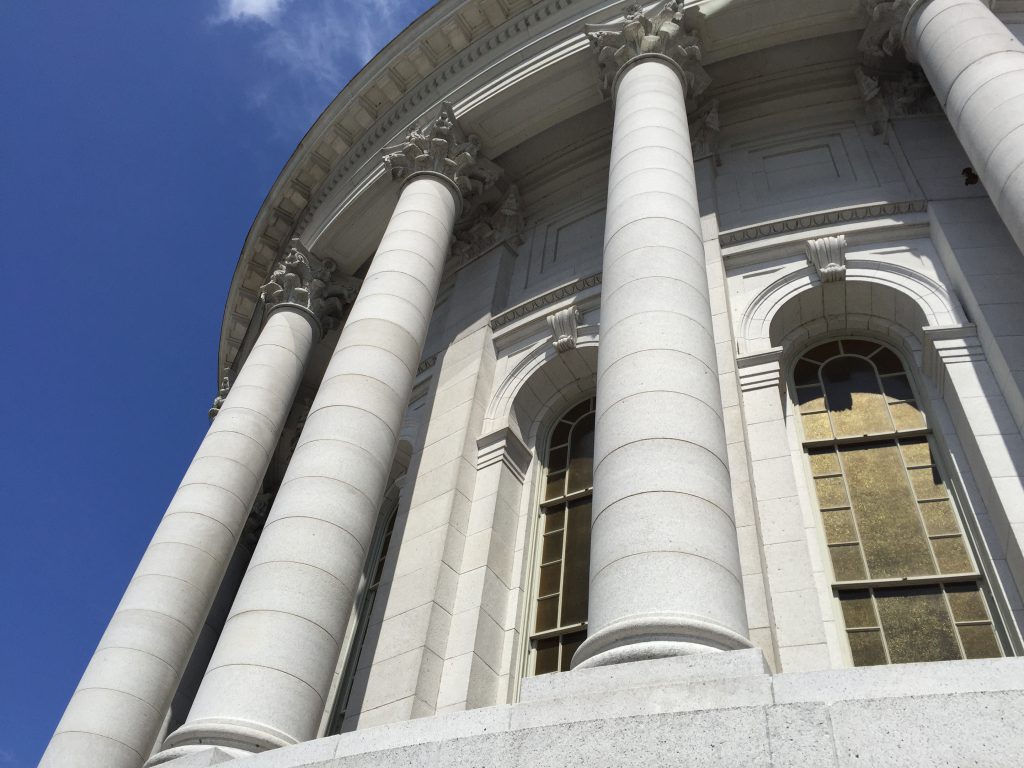Top 8 Capitol News Stories In 2021
And what a strange year it was.
The last column of 2021 is a perfect opportunity to review this year’s top Capitol and political stories – and what a year it was. The list:
1: Republican legislators investigate the 2020 presidential election. After Democrat Joe Biden won Wisconsin by only 20,600 votes – out of 3.2 million votes cast – Republican Assembly and Senate leaders announced probes of potential voting irregularities. Although elections are run by 1,835 local and 72 county clerks, GOP leaders targeted the State Elections Commission that oversees those clerks after an audit recommended changes to that agency’s practices and state laws. The audit also found no evidence of widespread fraud, as did numerous court court challenges and election recounts.
Why is this the GOP election probe the top Capitol story of the year? Because the investigations could sow distrust in how votes are counted and the results of November elections for U.S. Senate, U.S. House, governor, attorney general and the Legislature and, in 2024, the presidential election.
Gableman emerged as Wisconsin Republicans’ Rudy Giuliani, the ex-New York City mayor who spent months after Biden’s win scheming ways to return Trump to the presidency. Gableman’s actions prompted Republican Sen. Kathy Bernier, a former county clerk, to ask that his probe end as quickly as possible. Gableman then said Bernier should resign, the Milwaukee Journal Sentinel reported.
3: Supreme Court limits emergency powers of governors. In March, the conservative majority of Supreme Court justices ruled that Democratic Gov. Tony Evers had exceeded his authority to declare successive statewide public health emergencies to try and control the COVID-19 pandemic. Evers could only do that if he worked out health-emergency rules with the Legislature, the court decreed.
Meanwhile, the State Department of Health Services reported about 4,200 more Covid-related deaths in Wisconsin between Jan. 1 and Dec. 23. And the separate federal infrastructure funding act will give Wisconsin more than $2.5 billion to build and maintain highways and bridges, subsidize bus systems, expand Broadband access and pay to replace lead-lined residential water pipes and for Clean Water programs.
5: Evers signs Republicans’ $2 billion tax cut. Facing a tough re-election bid next year, the Democratic governor had no choice but to accept the $2 billion tax cut Republicans added to the 2021-23 state budget he signed in July. Evers vetoed a plan to immediately change payroll withholding tables, so most taxpayers will see the tax cut when they file 2021 income taxes next spring.
6: Redistricting fight plays out in Capitol, state and federal courts. The every-10-years process of drawing new lines for U.S. House and legislative seats involved all three branches of state government. Evers created a People’s Maps Commission, but the boundaries it drew were then rejected by legislators from both parties. Republicans then passed their own maps that Evers vetoed. Although a four-justice State Supreme Court majority agreed to draw the final lines next year, Democrats and advocacy groups want federal judges to have the final say.
At stake is whether Republicans continue to run the Legislature and, if they do, by what margins. Republicans control the Senate, 21-12; the Assembly, 61-38.
In Milwaukee, Common Council President Cavalier Johnson, 35, became interim mayor when Tom Barrett, 68, mayor since 2004, resigned to become ambassador to Luxembourg. Western Wisconsin Democrats must also pick a new leader, since 3rd Congressional District Rep. Ron Kind (“out of gas,” he said) won’t run again.
8: Potential GOP candidates await Sen. Ron Johnson’s decision. Although the Republican senator had vowed to serve only two terms, Ron Johnson ended this year on the verge of announcing that he would run a third time next year. But his indecision kept at least two potential GOP candidates – Rep. Mike Gallagher and Kevin Nicholson – on the sidelines, biding their time.
And, if you thought this year was newsworthy, fasten your seatbelts for 2022.
Steven Walters started covering the Capitol in 1988. Contact him at stevenscotwalters@gmail.com
If you think stories like this are important, become a member of Urban Milwaukee and help support real, independent journalism. Plus you get some cool added benefits.
The State of Politics
-
RNC Brings Fame to Gen Z Party Leader
 Jul 15th, 2024 by Steven Walters
Jul 15th, 2024 by Steven Walters
-
Wisconsin’s Republican Roots Run Deep
 Jul 8th, 2024 by Steven Walters
Jul 8th, 2024 by Steven Walters
-
Feuding Supreme Court Justices Need a Break
 Jul 1st, 2024 by Steven Walters
Jul 1st, 2024 by Steven Walters






















